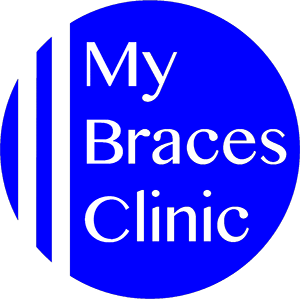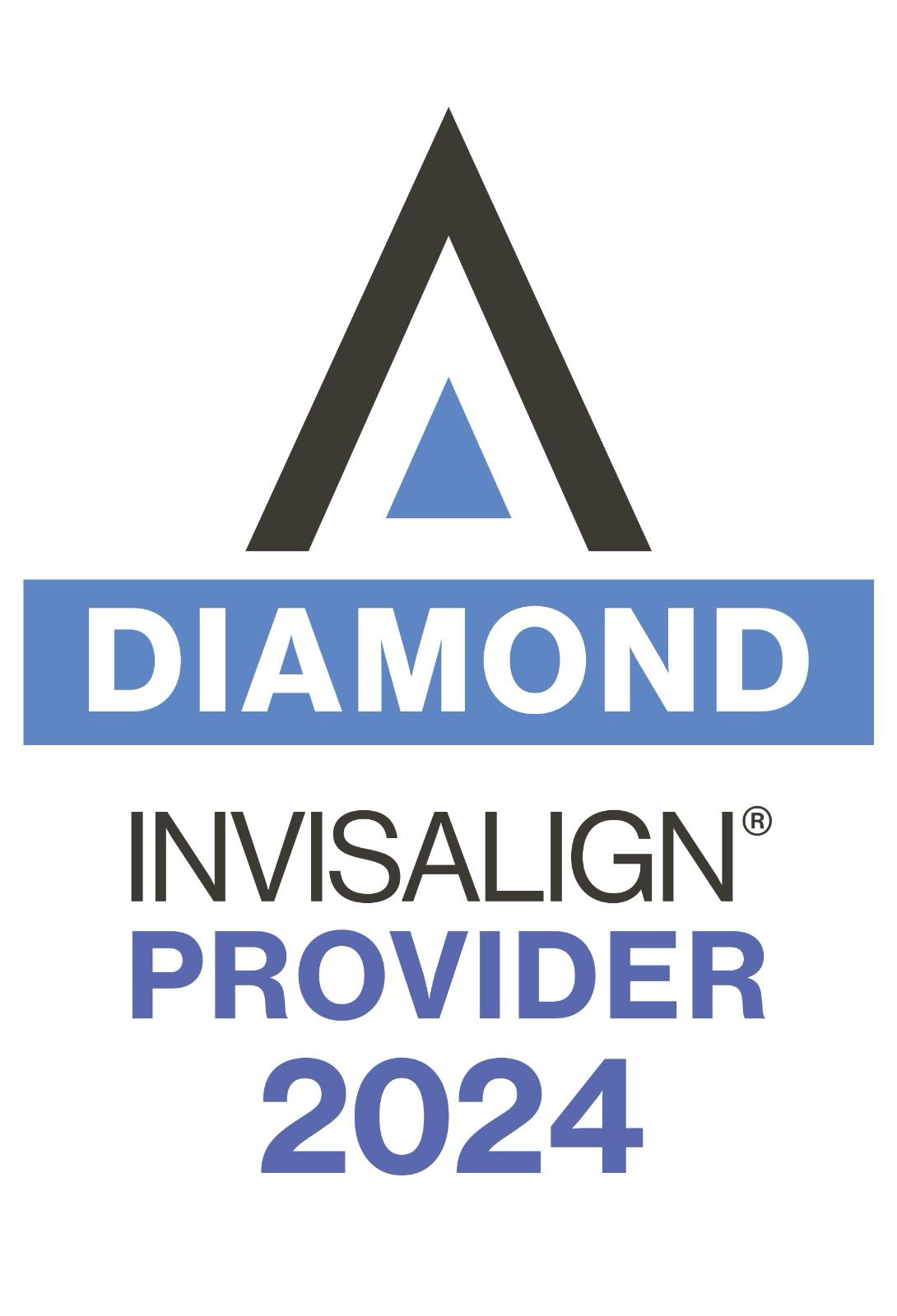A career dedicated to making someone feel beautiful when they smile.
It is not by chance that Dr Poon Kee Hwang became a braces specialist.
It’s something that she had always wanted to do.
“As a child, I just wanted to do something that made people smile. To be able to improve that for my patients is something I look forward to doing every day. I guess you can say that I have hit the mark now,” Dr Poon says.
The path to become a Braces Specialist or an Orthodontist requires many years of training and multiple examinations. It all starts with the Bachelor of Dentistry degree, followed by a pre-requisite number of years of working experience; entrance examinations and dexterity tests to enter the Masters programme in Orthodontics. Upon graduation from the Masters programme, they still have to complete an Advance Specialist Training programme in order to be accredited ‘Specialist’ status by the Dental Specialist Accreditation Board.
THE IMPORTANCE OF STRAIGHT TEETH
The American Association of Orthodontists claim that archaeologists have discovered mummified ancients with crude metal bands wrapped around individual teeth, suggesting that our ancestors also placed a certain importance on having straight teeth.
“Braces are a means of creating a smile that impacts us in so many ways. Braces per se are not as important as the end product it creates. A better smile is more than just a pretty thing to look at. A good set of teeth placed in the correction position forms the vertical pillars of the face, supporting facial proportions in 3-dimensions of space and enhancing the lip profile,”she says, explaining the aesthetics.
“A good set of aligned teeth helps us to maintain our oral health so much better. Imagine how difficult it is to clean around the nooks and crannies of teeth that are bunched together. Teeth that are well placed give us a solid bite that helps our eating efficiency and speech clarity. A great set of teeth naturally boosts our self-confidence and overall sense of well-being. That is something we all want, even in pre-historic times.” Dr Poon explains.
FIRST HAND EXPERIENCE
As a child, Dr Poon did require braces. She had no clue what they were and what they were for till they were placed onto her teeth. She was stunned and curious.
“That experience left a deep impression on me and I realized the importance of relating and bonding with my patients (not just their parents) no matter how young they may be,” she says.
FAMILY TIME
Dr Poon’s mother passed on when she was still very young. As a result, she treasures whatever time she has with her children. Dr Poon felt that whatever parents do is observed and assimilated by their children. She herself has two.
“As of 1st November 2015, Xuan will be almost three years old and Kai almost one year old. Both kids and my two fur-kids at home complete the family picture for now but you’ll never know what the future may bring,” she says.
PRIORITISE
Dr Poon believes that each career mum has her own unique challenge to conquer. As for herself, it would be learning to pick her battles to fight, tackling them at the right time and letting go of minor issues that have minimal impact in the grand scheme of things.
Dr Poon advises that career mums to prioritise. “It’s easy to be swept away with many demands that mums have to juggle as a career lady, wife, daughter and mother. Unless we prioritise our own physical and mental health first, how are we going to be strong enough to nurture and love our families?”
FOUR TIMES TO A BEAUTIFUL SMILE
Do not allow your child to sleep with the milk bottle. This causes rampant milk bottle caries and often results in premature loss of baby teeth. Baby teeth reserve the space for adult teeth to emerge, and if lost prematurely, the corresponding adult teeth often get stuck (impacted) requiring complex treatment in the future.
Stop thumb sucking habits and the use of pacifiers as early as possible. Adult teeth start to erupt as early as 5 years old. Prolong causing a large open bite and protruding ‘Bugs Bunny’ teeth.
Regular dental visits for oral health checks help to ensure that the baby teeth drop when the adult teeth are ready to push them out.
Have your child screened by an orthodontist by 7 years old as recommended by American Association of Orthodontist. Your child’s dental and facial development can be evaluated and potential problems can be intercepted early to reduce the need for complex treatment in the future.
Unless we prioritize our own physical and mental health first, how are we going to be strong enough to nurture and love our families?




